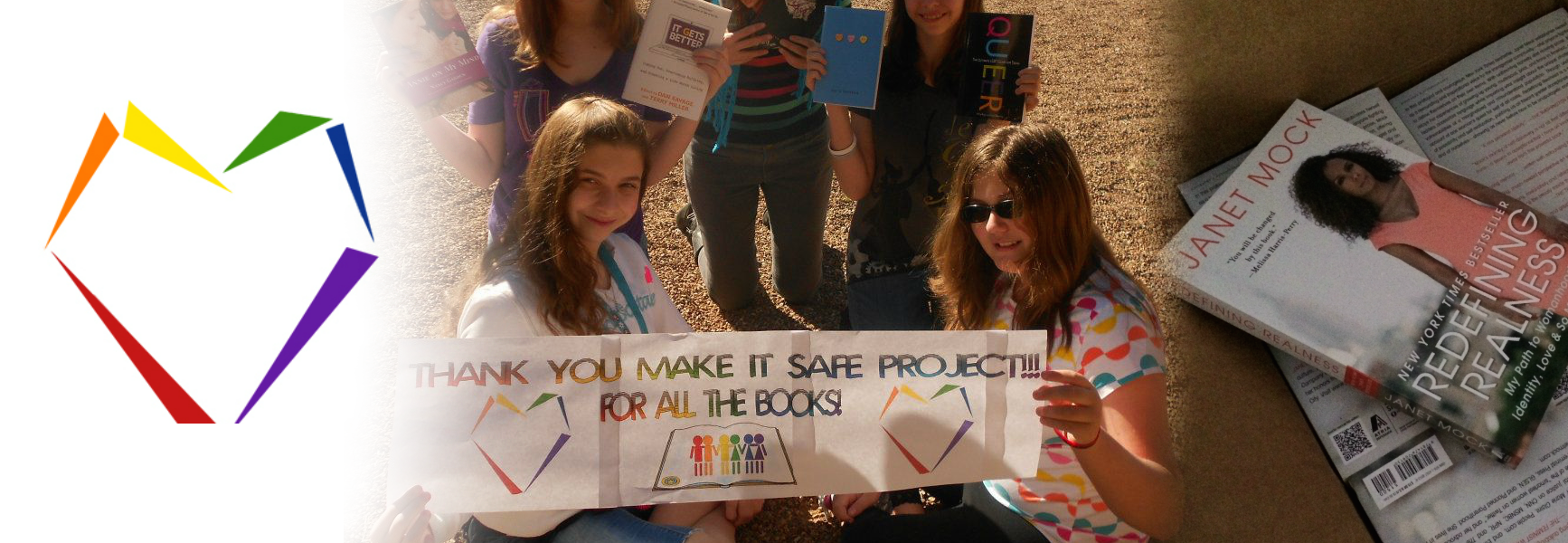by Laura Preble, author of Out
I’ve written an LGBT-themed book, but I’m not LGBT. Some people don’t see how this is possible, but here’s why it is: I’m a human being.
My book, Out, is a speculative fiction book where opposite-sex couples (perpendiculars) are criminalized, while same-sex couples (parallels) are in the majority and run the theocratic government. It’s really a love story, though; a minister’s son, Chris, finds himself in love with a person his society and his church have told him he cannot love: a girl.
Before the book was even published, people complained about it, and said that I had no right to write this book since I was not LGBT myself, and I couldn’t possibly understand the struggles. Of course, that’s partly true, but that is true for every person on this planet. None of us lives in the other’s shoes. None of us knows what story another person is truly living. The best we can do is try to communicate something true.
As the mother of a gay son, I have seen my share of judgment, discrimination, and downright hatred. No, it wasn’t pointed directly at me, but as anyone who’s had a child knows, when you child is attacked, so are you. I was a teacher in his high school when someone vandalized the school and spray painted on my door, ‘your son is a faggot’. I had to watch him as he walked proudly around the school, a 6’3 budding drag queen who never apologized for who he was, as comments were whispered and looks were exchanged. I knew he had to change clothes in the teacher’s restroom for four years because the locker room was too painful.
And I helped him fight. I had been the adviser for our schools’ Gay Straight Alliance even before he came out in 8th grade. I’d championed LGBT students throughout my entire teaching career. I stood with him at a school board meeting when he and several of his friends complained when the board supported the hate-based YES ON PROP 8, California’s referendum against gay marriage. And in large part I wrote my novel because I felt that flipping the reality in such a drastic way might actually make the blind see.
That’s a tall order for a book, I know. But I kept wondering why these people couldn’t understand that love is love. Anatomy is irrelevant. Why could they not understand this? Then it hit me one day. They don’t understand because, in our world, it is inconceivable to them that they would be denied the person they love.
Straight privilege had imbued them with the implied understanding that no one would ever tell them they could not be who they were born to be.
But how to make that clear, and more importantly, how to give it an emotional punch? The answer, to me, was clear. Show a world where straight people couldn’t love other straight people. How would it feel? What would you do? Would you deny who you are? Would you change for your parents? Would you hide? Would you rebel? All the questions our LGBT youth have had to wrestle with for decades were flipped and posed to those who had never considered what it would feel like if it happened to them.
This is why I wrote the book. I wanted someone who is straight to try to feel what it would be like to be disenfranchised. To feel how that inequity festers in the gut, to ultimately feel sympathy, empathy, and the injustice of it all. And maybe if those people feel it, even in a fictional world, they’d begin to have an understanding of why it needs to change.
